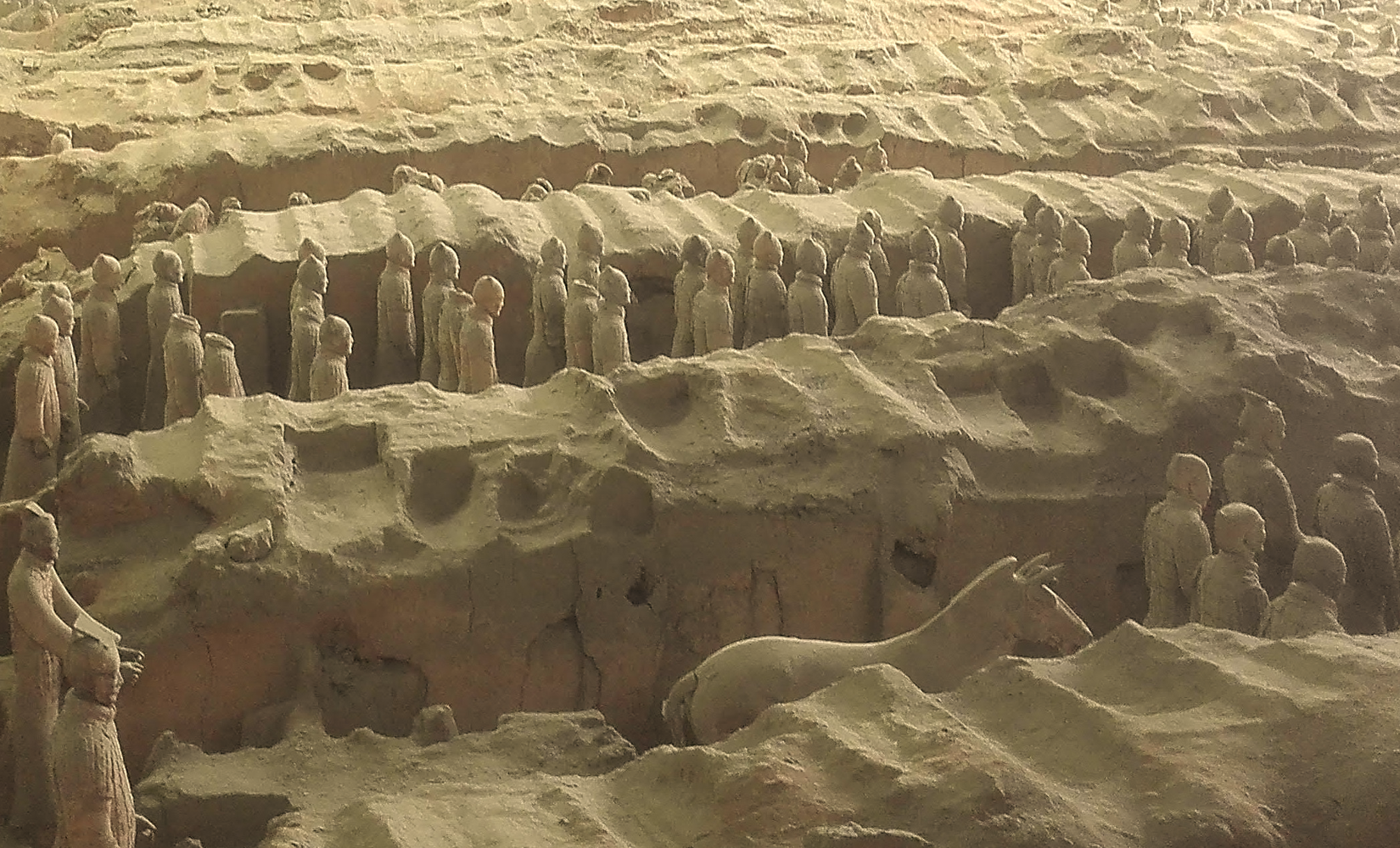This website uses cookies so that we can provide you with the best user experience possible. Cookie information is stored in your browser and performs functions such as recognising you when you return to our website and helping our team to understand which sections of the website you find most interesting and useful.





 Reading poetry enhances aesthetic appreciation and cultural understanding. Poems involve the unique and creative usage of words to express emotions, thoughts, and ideas of poets, and this can certainly be said about the works of poets from different cultural backgrounds. 'Ekphrasis' is a traditional literary device commonly used in poetry for describing visual arts; its usage in the works of a new generation of British poets with Hong Kong connections has received critical attention for depicting specific places with the uses of everyday visual images and cultural artifacts and thus complicating our understanding of 'ekphrasis'. By examining the close relationship between these poets' unique bicultural background and their ekphrastic practices in depicting Hong Kong and mainland China, we can gain great insights into the impacts of cultural interplay on contemporary literature.
Reading poetry enhances aesthetic appreciation and cultural understanding. Poems involve the unique and creative usage of words to express emotions, thoughts, and ideas of poets, and this can certainly be said about the works of poets from different cultural backgrounds. 'Ekphrasis' is a traditional literary device commonly used in poetry for describing visual arts; its usage in the works of a new generation of British poets with Hong Kong connections has received critical attention for depicting specific places with the uses of everyday visual images and cultural artifacts and thus complicating our understanding of 'ekphrasis'. By examining the close relationship between these poets' unique bicultural background and their ekphrastic practices in depicting Hong Kong and mainland China, we can gain great insights into the impacts of cultural interplay on contemporary literature.







